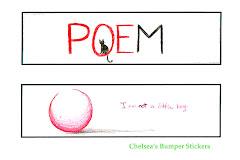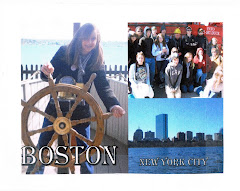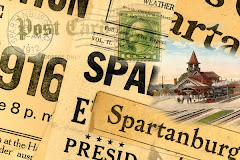 On the literary map, travel from Rutherford to Newark, New Jersey.
On the literary map, travel from Rutherford to Newark, New Jersey.Calculate:
# _____________ Miles to Newark, New Jersey
$ _____________ Cost for Gasoline to Newark, New Jersey
Visit Mrs. Steller's Stephen Crane gallery.
If you are interested, here is the full text of The Red Badge of Courage, a novel by Crane.
"Before dying of tuberculosis at age 29, he published several essays, novels, and even a volume of poetry. He also worked as a newspaper journalist for several different publications, including for William Randolph Hearst. Crane's most famous novel, The Red Badge of Courage (1895), is a Civil War tale. At the time, Crane had had no war experience. That changed, however, when he became a foreign war correspondent, first in Greece, then, during the Spanish-American War, in Cuba. He had many adventures in Cuba, including surviving the sinking of his ship, witnessing first-hand several battles, and the reaction in Havana after the conflict ended. His accounts and opinions are drastically different from [Mark] Twain's" (Library of Congress).
See Mrs. Steller's Gallery of Civil War Re-enactments.
You have read Stephen Crane's "Open Boat." Be sure you have answered the following questions and included them in your travel journal.
What function is served by this famous first sentence?
What is it in the presence of the gulls that makes the men angry and violent?
What does the metaphor of nibbling on "the sacred cheese of life" imply about their situation as individuals against the sea?
What great force does the shark represent?
What is the correspondent's view of nature in Part VII?
Considering the abilities of each man throughout the ordeal at sea, why is the oiler's drowning in the surf bitterly ironic?



















